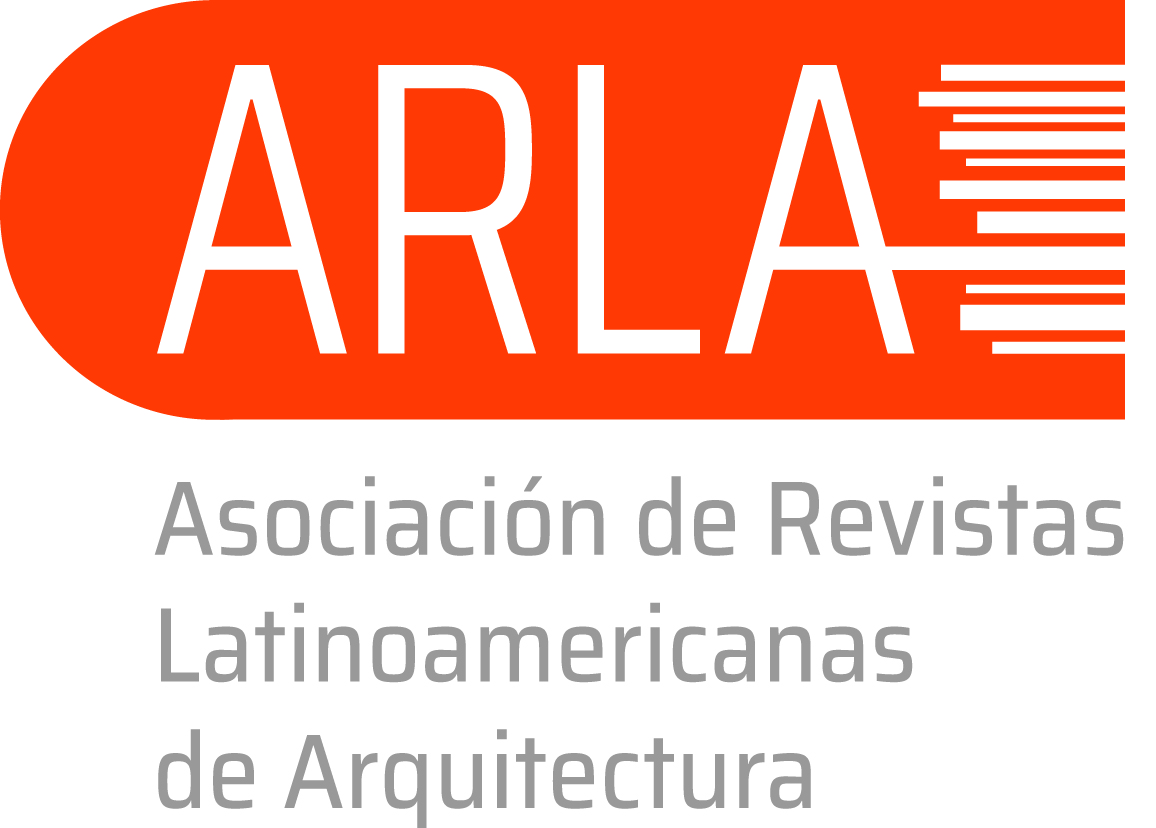Environmental Management of the Coastal Boundary: Sustainable Solutions for the Green Area Deficit in Manta
DOI:
https://doi.org/10.56294/la2025221Keywords:
Green areas, climate change, urban coast, green infrastructure, territorial planningAbstract
This study analyzes the current state of green areas along the coastal boundary of the city of Manta, Ecuador—a zone undergoing rapid urbanization with negative consequences for environmental sustainability. Using a mixed methodological approach of a non-experimental and cross-sectional nature, which combined spatial analysis, direct observation, interviews, and regulatory review, the study identified a fragmented and limited distribution of green spaces, particularly in areas such as Playa Murciélago, Barbasquillo, and the Malecón. The results reveal high levels of environmental degradation, loss of ecosystem services, pollution, and poor ecological connectivity—factors that impact both biodiversity and citizen well-being. Furthermore, the study identified uncontrolled urbanization, persistent environmental pollution, and the effects of climate change as structural causes of the deficit. The research proposes technical and legal guidelines focused on ecological restoration and sustainable urban planning, including the implementation of green infrastructure and participatory environmental governance mechanisms. It concludes that the coordination of public policies, land-use planning, and citizen participation is essential to revalue the coastal landscape as a common good of high ecological, cultural, and social value, thereby ensuring a fairer and more resilient urban development for the city of Manta.
References
Aguilar, AG y Santos, C. (2011). Deficiencias en las áreas verdes urbanas de la Ciudad de México: Pérdidas para la sustentabilidad. Revista Mexicana de Estudios Urbanos y Regionales, 27(80), 35-52. https://doi.org/10.22201/rumexu.2021
Aguilar, A., & Santos, C. (2011). La insuficiencia de áreas verdes en ciudades latinoamericanas. Revista de Urbanismo, 34(2), 45-62. https://n9.cl/0v2duc
Chambers, R. (1994). Participatory Rural Appraisal (PRA): Challenges, potentials and paradigm. World Development, 22(10), 1437–1454. https://doi.org/10.1016/0305-750X(94)90030-2
Chiesura, A. (2004). The role of urban parks for the sustainable city. Landscape and Urban Planning, 68(1), 129–138. https://doi.org/10.1016/j.landurbplan.2003.08.003
Guzmán, P., & Domínguez, L. (2015). Planificación de áreas verdes urbanas: Un enfoque hacia la equidad social. Cuadernos de Vivienda y Urbanismo, 8(15), 45-60. https://doi.org/10.11144/Javeriana.cvu8-15.pavu
Hernández, R., Fernández, C., & Baptista, P. (2014). Metodología de la investigación (6.ª ed.). McGraw-Hill.
Morales López, J., & Zambrano Hernández, R. (2019). Infraestructura verde como promotor de cohesión social. Desarrollo Urbano Sostenible, 5(1), 78-89. https://n9.cl/98epw
Muñoz, R. (2020). Urban green spaces and sustainable coastal management: The case of Manta. Coastal Urban Studies Journal, 14(2), 101–115.
Muñoz-Alcívar, A. M., Muñoz-Zambrano, L. M., Bermúdez-Lucas, K. M., & Rivero-Flores, J. A. (2020). Deforestación por desarrollo urbano. ULEAM. https://www.uleam.edu.ec
Pinoargote Parrales, K., & Sánchez Solórzano, K. (2020). Mapeo de las áreas verdes de interés turístico-recreativo de la ciudad de Manta. Universidad Laica Eloy Alfaro de Manabí. https://n9.cl/r6q49
PDOT. (2024). Plan de Desarrollo y Ordenamiento Territorial 2024: Diagnóstico del sistema de asentamientos humanos. GAD Municipal de Manta. https://n9.cl/rw2mt
Tamayo y Tamayo, M. (2014). El proceso de la investigación científica. Limusa. https://n9.cl/nlrqb
Tzoulas, K., Korpela, K., Venn, S., Yli-Pelkonen, V., Kazmierczak, A., Niemela, J., & James, P. (2007). Promoting ecosystem and human health in urban areas using Green Infrastructure: A literature review. Landscape and Urban Planning, 81(3), 167–178. https://doi.org/10.1016/j.landurbplan.2007.02.001
World Health Organization (WHO). (2016). Urban green spaces and health: A review of evidence. Retrieved from https://n9.cl/b3olfd.
Published
Issue
Section
License
Copyright (c) 2025 Joel Ricardo Alvia Fiallos , Gina San Andrés–Zevallos (Author)

This work is licensed under a Creative Commons Attribution 4.0 International License.
The article is distributed under the Creative Commons Attribution 4.0 License. Unless otherwise stated, associated published material is distributed under the same licence.






